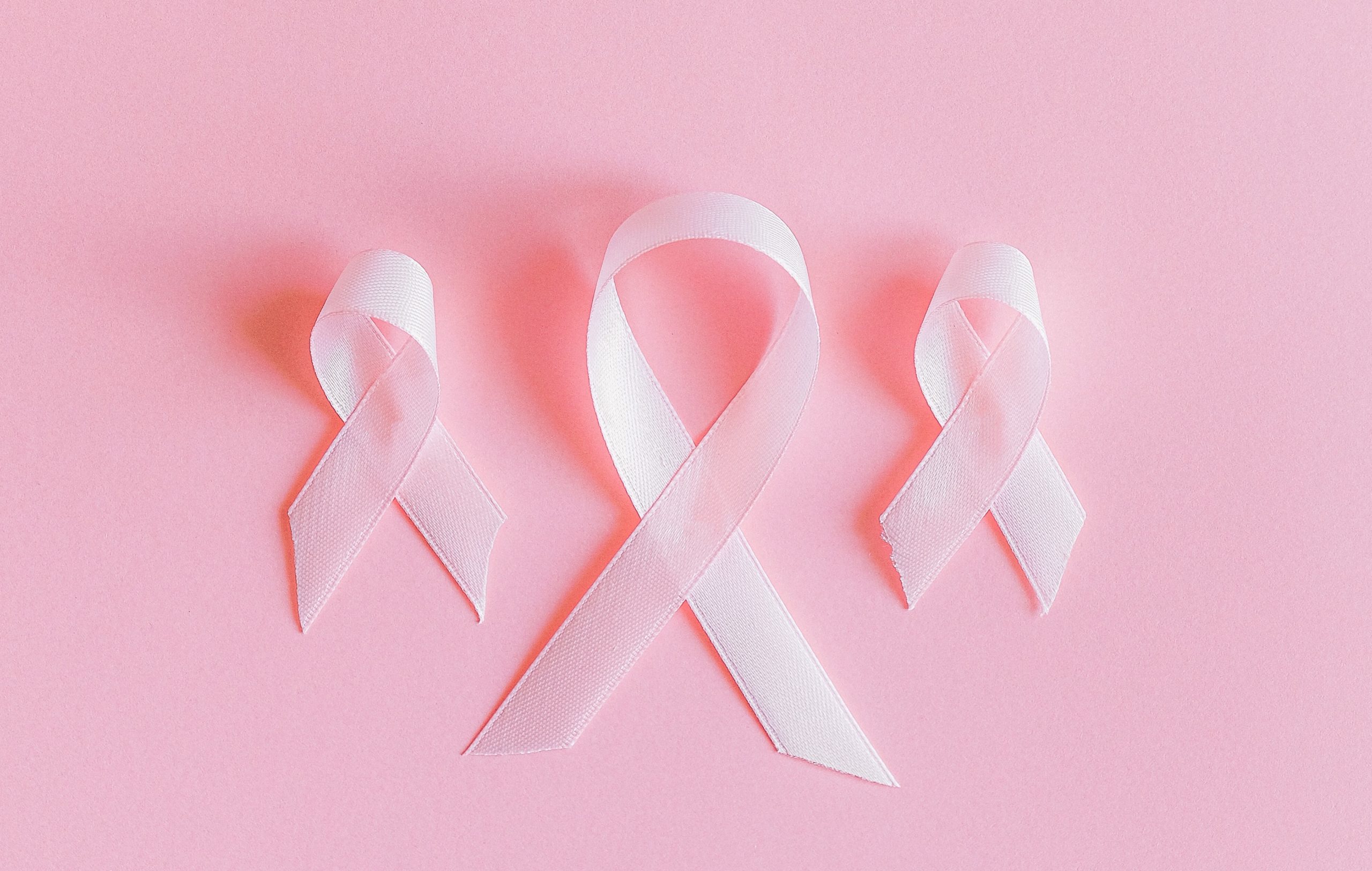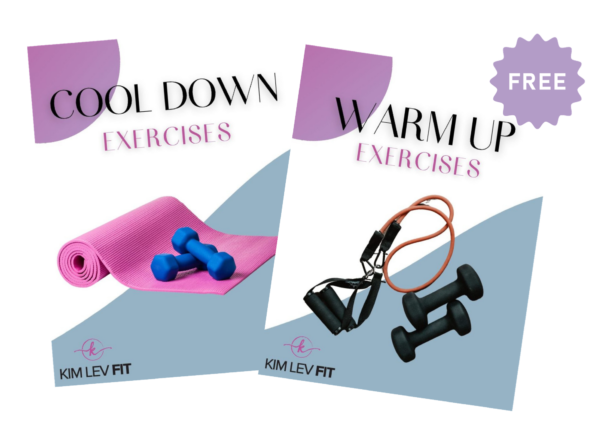October is near and dear to my heart – it’s Breast Cancer Awareness Month. As a 7-year breast cancer survivor, I am excited to discuss what you need to know about early detection, risk factors, and risk factors you can change related to breast cancer.
1. Early Detection
This one saved my life! Early detection is one of the best tools we have in the fight against breast cancer.
The first step is self-examination. This is when you want to notice changes in your breast or nipple appearance. Look for changes in skin appearance and texture, changes in one breast, dimpling anywhere on the breasts, or nipple discharge. You can find in-depth directions for a self-breast examination here. Additionally, women should also have a clinical breast exam yearly with their annual wellness exam.
Next are mammograms:
- Women ages 40 to 44 have the choice to start annual screening with mammograms
- Women age 45 to 54 should get yearly mammograms
- And women 55 and older should switch to mammograms every 2 years or can continue yearly screening
Screening should continue as long as a woman is in good health and is expected to live 10 more years or longer.
2. Knowing your risk factors
A few include:
- Age (getting older),
- Certain genetic mutations,
- Your reproductive history (specifically starting your menstrual cycle before age 12 or starting menopause after age 55,
- Having dense vs. fatty breasts,
- Personal or family history of breast or ovarian cancer, and
- Having certain radiation therapy before age 30
3. Modify risk factors you can
The risk factors I just mentioned cannot be changed BUT, there are risk factors you can change and I try to pay attention to the things I can do to decrease my risk. Things like:
- Not being physically active – so get in regular physical activity,
- Being overweight after menopause – commit to reaching and maintaining a healthy weight,
- Knowing the risks of taking hormone replacements – certain hormone replacement treatments can increase your risk of breast cancer, and
- Alcohol intake – being mindful and moderate with alcohol intake can help to decrease your risk.
As we all strive to stay healthy and well personally, pass this information on to other women AND men in your life. Remember breast cancer does not only affect women but affects men too. Be sure to discuss your screening schedule and risk factor considerations with your personal health-care provider. Have the conversations to raise awareness!
Best of Health!
Dr. K Lev

